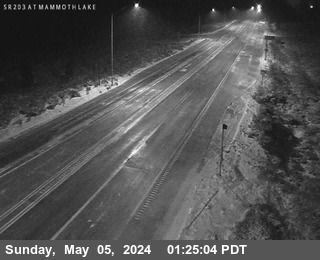Brought to you by Howard Sheckter
Archive for September, 2011
Upper Low Spins Near Kern County……More Rain and Thunder Expected
Sunday September 11, 2011
Looks like a repeat of yesterday, except more moisture today and an earlier start to rain expected. The intensity of the rainfall will be determained by the amount of sunshine we have. At the moment, its pretty cloudy but there are some breaks. Mammoth picked up .24 inches of rain last evening and night. There was thunder as well.
As per KHNX discussion this AM at 9:00am:
“UPPER LOW IS NOW CENTERED ALONG THE BORDER BETWEEN KERN AND TULARE COUNTIES NEAR 35N/118W. A FAIRLY STRONG VORT MAX AHEAD OF THE LOW HAS PUSHED INTO SOUTHERN NV AND HAS TAKEN MOST OF THE SIGNIFICANT CONVECTIVE ACTIVITY ALONG WITH IT. SOME MID LEVEL MOISTURE IS BEING PULLED BACK FROM THIS FEATURE AND WRAPPED AROUND INTO CENTRAL CA WHICH HAS PROVIDED AREAS NORTH OF KERN COUNTY WITH SCATTERED LIGHT SHOWERS THIS MORNING”.
Only interesting addition is the *MUCAPE: J/kg
Only about 750 J/kg at 9:00am over head; However, just a short distance to the west it is as high as 3000 J/kg and just to the east across the NV/CA border 2000 J/KG probably associated with the VT center near the NV/Ca *
Also Retired….WSFO forecaster Doug Armstrong pointed out this AM that there may be some snow over the highest elevations below some of those rain shafts. (Freezing level is above 12K)
The LPL (Lifted Parcel Level) allows for the determination of the height of the most unstable parcel. This makes it easy to identify areas where the largest CAPE is “elevated.”
————————————————-
Reference Glossary of Weather Terms
Disclaimer: I have been a hobbyist meteorologist for over 30 years here in the Mammoth area and I do this for my personal enjoyment. The National Weather Service saves lives every day . . . I do not. When making important planning decisions please use information provided by the National Weather Service as they are the most knowledgeable and accurate information source available today.




